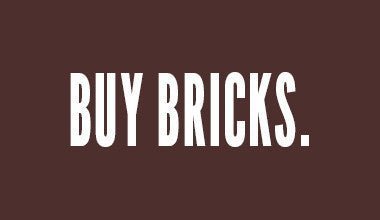Unit Bricks toys: Building Foundations

A brick is the basic unit of most building foundations. It’s also the basic unit of key learning foundations. Simple unit brick play empowers kids and ignites their creativity to reach developmental milestones. Kids must master successive cognitive and motor skills in order to progress. With a strong developmental foundation, kids have a solid foundation for lifelong learning. So, what starts as simple balancing and stacking of bricks at age 3 can lead to study of the mechanics of building a bridge at age 10. Unit Bricks encourage a dialogue between children and the world.
What Ages Are Unit Bricks For?
 5-6 year olds are detail-oriented, capable of matching and grouping items by shape and color. Just starting to exercise their imaginations with pretend play, at this age, children can build tall structures and roads, and improvise through pattern creation.
5-6 year olds are detail-oriented, capable of matching and grouping items by shape and color. Just starting to exercise their imaginations with pretend play, at this age, children can build tall structures and roads, and improvise through pattern creation.
5-6 year olds are investigators, able to hypothesize about their surroundings and test theories in play situations. They take pride in the final product of their efforts and are able to articulate what they create to others. This improved cognitive ability allows for a higher degree of logical thinking and intention behind their actions.
7-8 year olds have a stronger sense of self and are more comfortable taking risks with hands-on experimentation. They can engage in complex problem solving and communicate more effectively. Their increasingly inquisitive nature allows for more realistic depictions of everyday life, such as running their own restaurant or store.
What Do Kids Learn With Unit Bricks?





